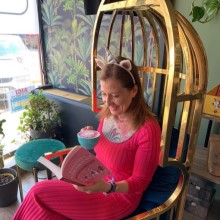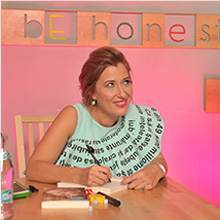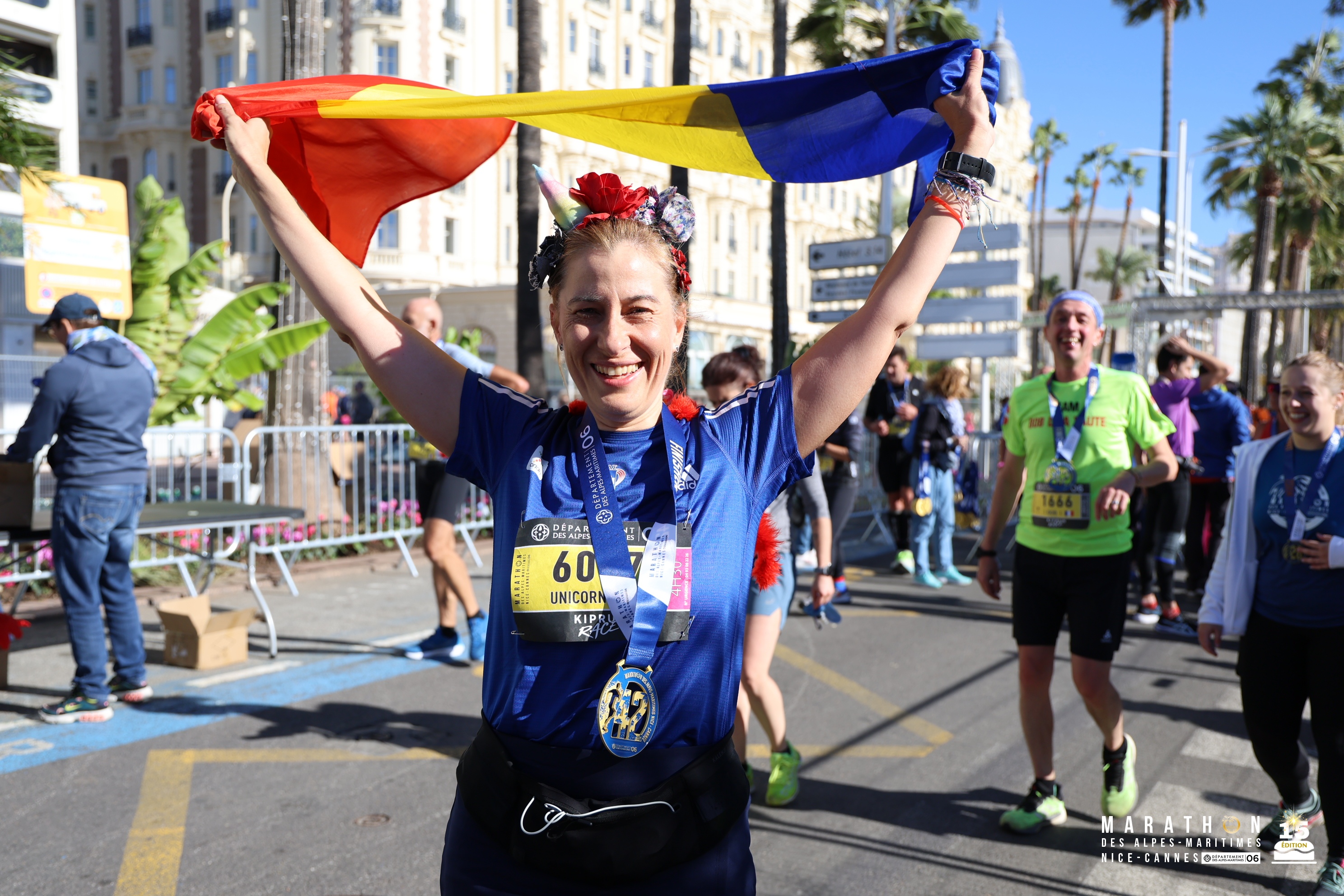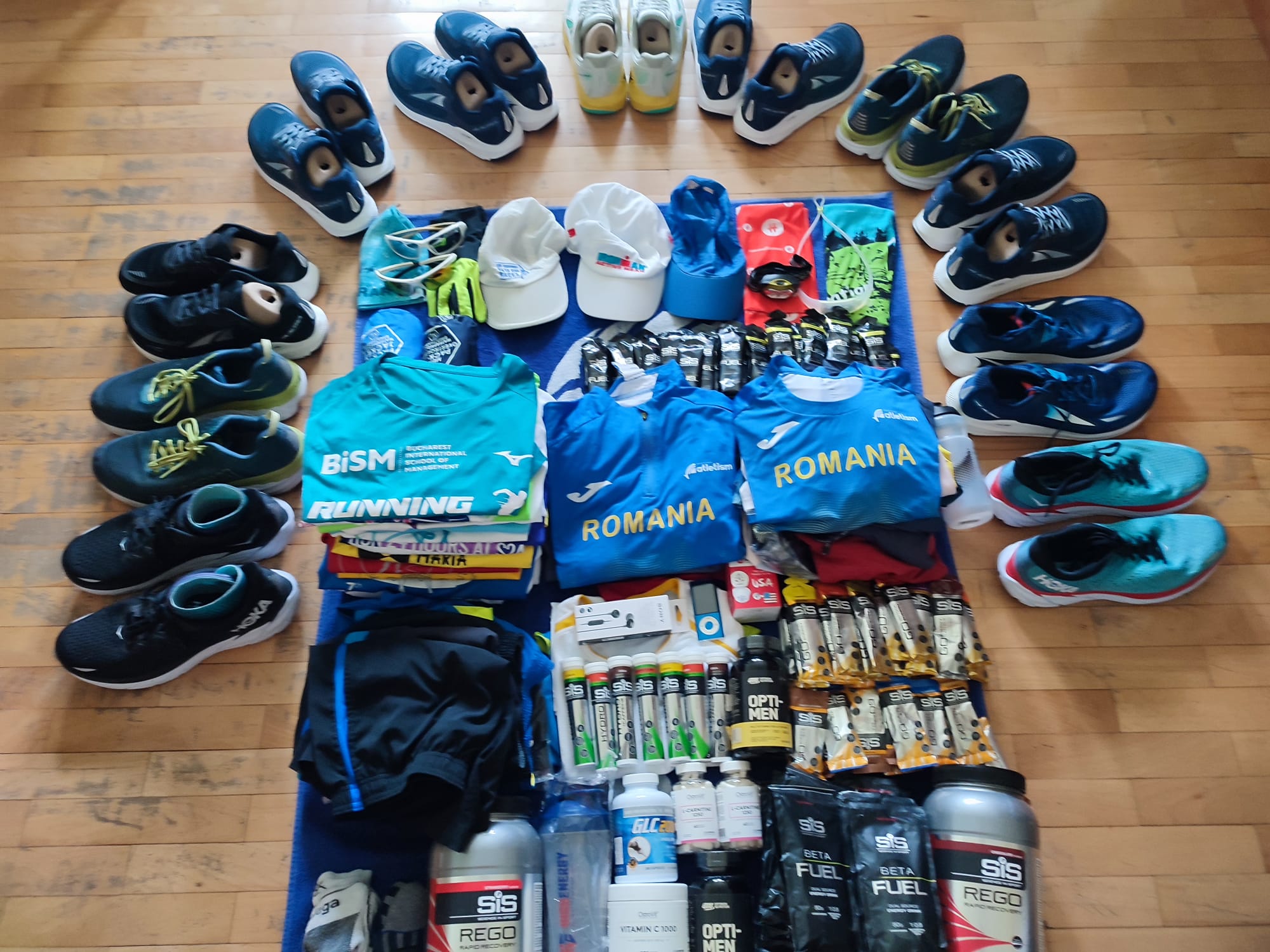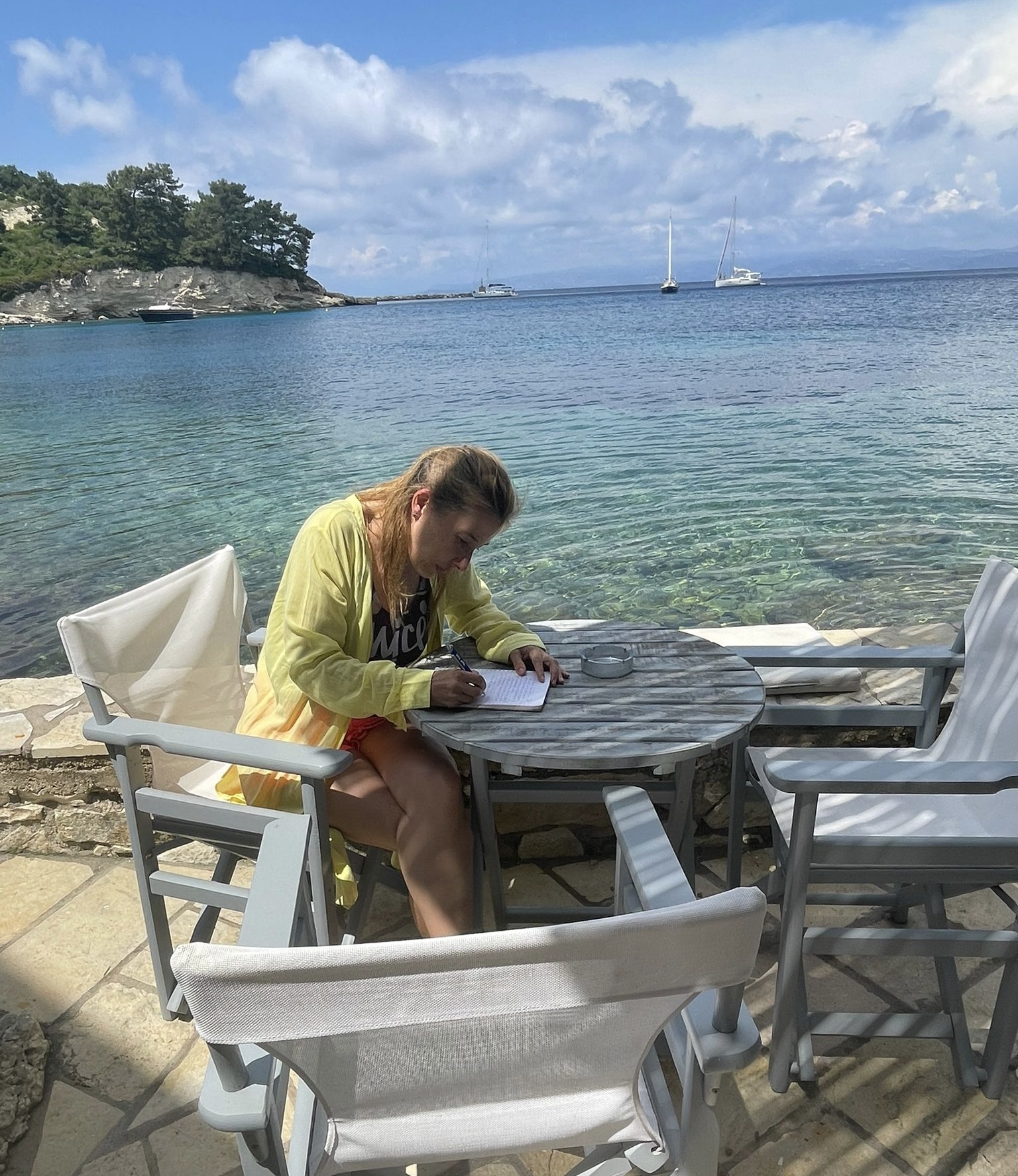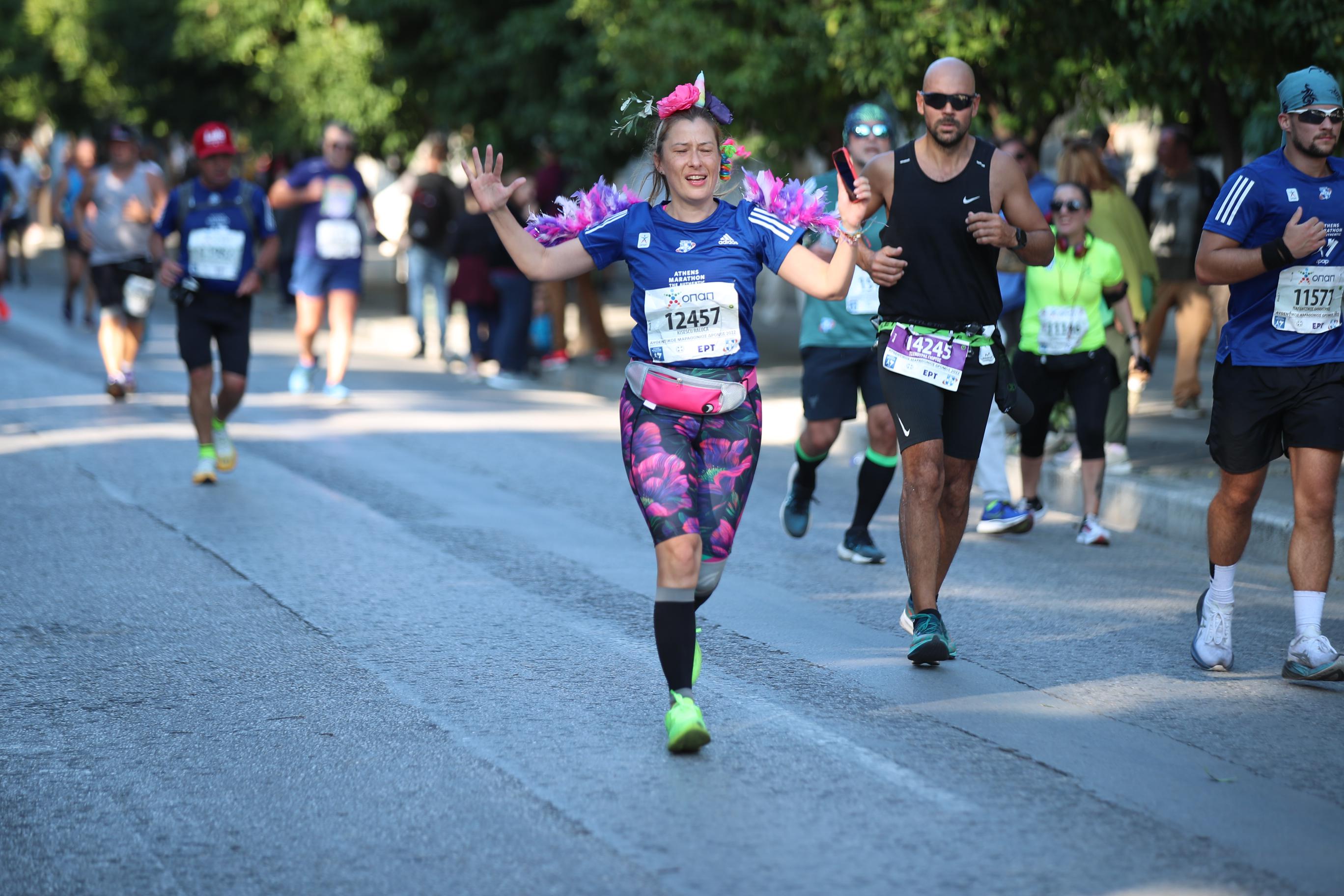Technology, skills and classes for future education

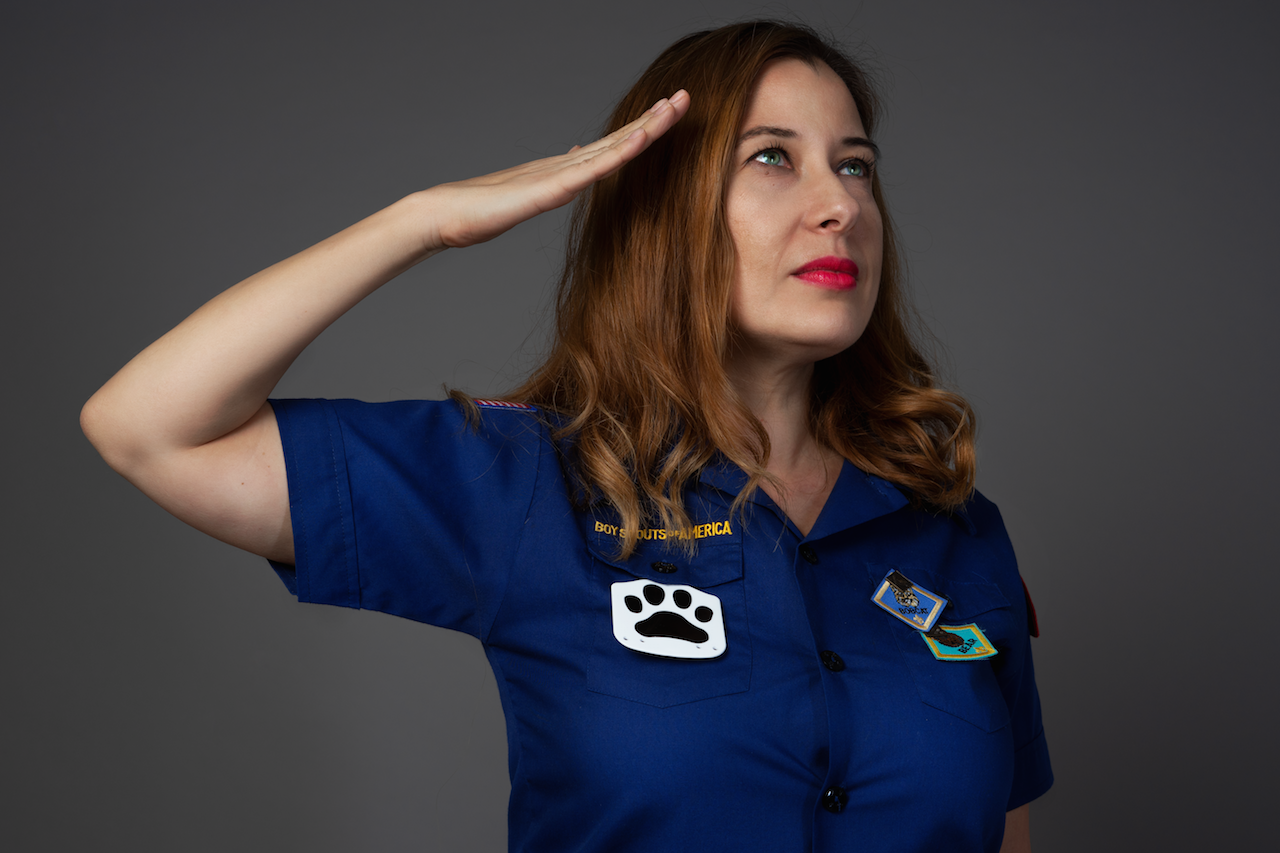
Now that the Baccalaureate and High school admission exams are over and all students are officially on holiday, it might be the time to reflect on how education will be affected by the convergence of technologies, particularly after the past three months spent in quarantine with even more inequality in access to education between the public and private systems, the urban and rural areas or generally between the wealthy and the poor. Exponentially accelerating technologies - any technology that doubles in power while dropping in price - are beginning to converge with other independent waves of exponentially accelerating technology.
Ten technologies are currently on exponential growth curves - quantum computing, AI, networks, robotics, VR, AR, 3-D printing, blockchain, material science and nanontechnology and biotechnology.
Which out of these ten will mostly affect the territory of education? Will they be able to bring a positive impact not just to the lucky ones, but mostly to those in need?
It is visible with the naked eye that the education has two main issues: quantity and quality. In terms of quantity, UNESCO estimates that, by 2030, the number of teachers needed will be 69 million. As a result, 263 million children worldwide are already lacking basic education. While reading this figure, could you stop yourself from counting how many others with undoubtful lesser meaningful impact are flooding the job market?
In terms of quality, the major challenge comes from the fact that the actual system was created to meet the labour needs of the mid-eighteenth century and designed to produce a standardized product. The world needed obedient factory workers. But everyone is wired differently, therefore there is no standard set of engaging experiences that can maximize learning for all and moreover, the future world will need less obedient factory workers (mostly replaced by robots) and more creative, problem-solving and empathic humans. That was clear for me also in the role of a mother trying to preach my learning method to my teen son. It was obvious that he skims while I read twice, he visually connects dots while I have to to put them down on paper. I discovered simillar patterns whem I was delivering a business class to Y7 up to Y12 students of British School of Bucharest. Kids of 2020 are much more easily bored because they have been exposed to a lot of stimuli all of their lives, therefore you should not be surprised that 1.2 million students a year drop out of the US high schools citing boredom.
Let me now share two stories that could solve the availability and lack of boredom of the educational system:
Story #1:
In 2012, Nicholas Negroponte - https://www.linkedin.com/in/nicholasnegroponte/ - the founder of MIT’s Media Lab dropped a bunch of solar charging systems together with some Motorola Xoom tablets in couple of remote Ethiopian villages. All tablets were preloaded with basic learning games, movies, books and were given directly to children. Children could neither write nor read and were not given any instructions. Negroponte wanted to see what was next and his curiosity started much earlier. In 2004 he created the nonprofit One Laptop per Child aiming to build a $100 tablet to be given to any child in need, assuming that children could actually teach themselves to a certain extent simply by playing with the apps and the games.
The Ethiopian children started singing ABC songs after two weeks of playing with the tablets and were able to hack the operating system after five months. The experiment showed that the tablets unlocked self-directed learning and creativity (so the kids could actually teach themselves) as well as how technologically sophisticated the kids had to become on their own to unlock those skills in the first place.
When checking the tablets, Negroponte and his team discovered that each tablet looked different, because every child used his/her creativity, inquiry and discovery abilities to personalize it according to needs.
Five years after the experiemnt, XPRIZE - a partnership between Elon Musk and Google - launched a $15 million Global Learning XPRIZE to help those 263 million children in the world without access to school. Out of 700 participants, five finalists were selected, each receiving one million to load their programmes onto 5,000 tablets donated by Google. Partnering with World Food Programs, the finalists identified 2,400 illiterate children in 167 different villages in Tanzania, installed solar charges, pretested the children and offered them the tablets.
In May 2019, two out of the 5 finalists split the final $10 million prize: Kit-kit School from South Korea and Onebillion from Kenya. Their software could teach kids in an hour a day what children from the Tanzanian village would have received attending school on a full-time basis. For all of you who are curious to see the outcome of the competition, note that all five finalists have their software open-sourced - available for free on GitHub.
This is a powerful story from the chapter The Future of Education of The Future is Faster Than You Think book. The Future is Faster Than You Think was released in January 2020 and was co-authored by Peter H. Diamandis (the founder and executive chairman of XPRIZE and executive founder of Singularity University, receving his MD at Harvard Medical School and his degree in molecular genetics at MIT and who was named “the world’s 50 greatest leaders” by Furtune magazine in 2014) and Steven Kotler (award-winning journalist, two times nominated for Pulitzer prizes).*
The story shows how converging technologies could actually solve both the quantity and the quality issue, upbringing a hard-to-accept reality for all teachers: to a certain extent children could teach themselves, so they no longer feel either lost or bored in the class.
Story #2:
Imagine your history class about ancient Egypt. Imagine you are passionate about the topic, you went to visit the tombs but some were closed for repairs or you were not allowed to get very close. Now, with VR, you can get inside Queen Nefertari’s resting place. Moreover, you have a world-class Egyptologist as a tour guide. Wouldn’t you fancy to go back to school under these circumstances? If they promise me to learn from History manuals developed by Yuval Noah Harari, I am back too. Does it sound too fancy? Check Philip Rosedale and his team at High Fidelity for this. High Fidelity is a social VR platform, meaning multiple people can share the same virtual space at the same time. It is already proven by research that multi-sensory learning is the best learning method. So far some of the training companies and private international schools have used the more down-to-possibilities adaptation of blended learning. But add the VR and AI to a blended learning and you could get the quality improvement of education.VR has also the ability to spread empathy, making it easier to shift individual attitudes from homelessness to climate change in the most engaging and powerful possible way. You are in a flooded area, you are next to a homeless in a VR environment, what better way to resonate with those conditions?
With multi-sensory learning, empathy and emotional skills added-on, it looks like VR can be a substitute for traditional education. What about the price of it? The average price of the most popular VR headsets is around $400, which is not very accesible. Not if the big corporations will redirect some of their promotional budgets to digitally skilled teachers who could upgrade their teaching methods as well as teach to more children than one single class.
How about the future skills that children need to be taught in order to adapt to a labour market that we can not anticipate?
What are the skills future generations will need? Minouche Shafik, Director of the London School of Economics and Jack Ma, founder of Alibaba Group, China’s e-commerce giant spoke of the importance of the soft skills, creative skills, independent thinking and the ability to find information, synthesise it and make something of it. This approach resonates with many education experts.
Quoted by cnbc.com, a Harvard lecturer said that no specific skill will get us ahead in the future but only a particular way of thinking. This is something that ignited my idea and drive to bring my expertise as a corporate lad and business trainer to children. Thanks to my 20+ years expertise in marketing and business communication and strategy, I thought I would love to share it among youngsters, particularly to teens aged 13 to 18, who would be eager to know more from the practical side of the business and acknowledge an entrepreneurial attitude much earlier. A secondary scope for my initiative was for them to be properly directed through the social media jungle, in order to understand its traps and use it for their own benefit and not against.
This is how I came across British Scool of Bucharest with a project called "Early Leadership Classes for Early Risers". As of 2019, I delivered the after school courses named "Persuasion Skills for Winners" and “Effective Communication and Branding” for the Secondary school students (Y7-Y12).**
For a long period of time we have been told and retold that expertise is the key to success, but that might not be the case in the future, having in mind all the converging technologies that will prompt expertise at every step. So, what about my 20+ years expertise branding?
Breadth of perspective and the ability to connect the dots (the domain of generalists) is likely to be as important as depth of expertise and the ability to generate dots (the domain of specialists). The current pandemic is pushing this idea faster: living in uncertain, ambigous environment will persist in the near future, requiring more of a broad perspective, being able to bring information from different sources and industries and connect it one to another. No particular expertise would lead to unbeatable success in unstable and unpredictable environments. The opposite is also valid: no expertise will turn you into a generalist by night.
After long decades of depth of perspective, it is time to switch the pendulum to breadth of perspective, a territory of generalists, without loosing the expertise out of sight. The generalists are the people who can not define themselves as specialists in particular areas, but feel joy and responsibility in learning and working on various domains (keep things in proportion, nobody says an accountant could be a part time surgeon). These are the people who would not only read about their industry, but who think bigger and wider, study the interconnections across industries and imagine how changes in one domain can disrupt operations in another one. For them I will recommend a book that I have not yet read, but I trust the recommendation coming from a great mind and critical thinker. It is called Range.
So, what could be the key learnings at the end of this post?
1. Our world is changing so rapidly that those with more tools in their possession will better navigate the uncertainty. To make it in today’s world, it’s important to be curious, agile and flexible. To have a particular way of thinking. There are already big corporations who are looking for this kind of hires that could easily jump from one team to another - Google Lisa Stern Hayes, one of Google’s top recruiters, said in a podcast that the company values problem-solvers who have a “general cognitive ability” over role-related knowledge.
2. If you have an old tablet, donate it, it is the equivalent of donating a teacher. That might be the solution to cover those 263 million kids in education shortage, as we would rather fill more devices than teachers in the near future.
3. Enroll your child to my Early business classes:)
Photo credit: Andrei Tanase
* You can read more about it in my previous blog posts
https://ralucakisescu.ro/eight-business-adaptation-solutions-inspired-future-faster-you-think
https://ralucakisescu.ro/future-shopping-out-shop
** You can read about my business teaching experience at British School of Bucharest here
https://ralucakisescu.ro/my-teaching-experience-british-school-bucharest








